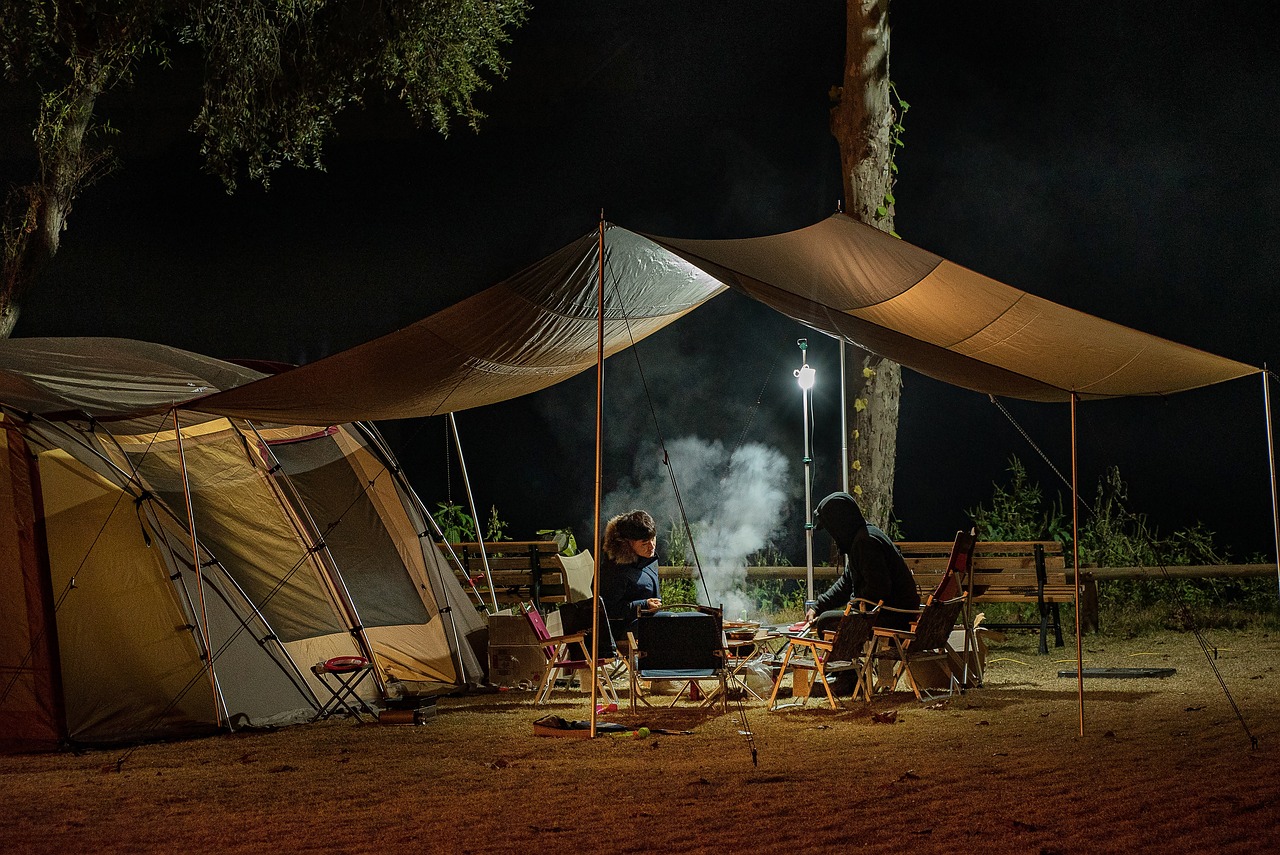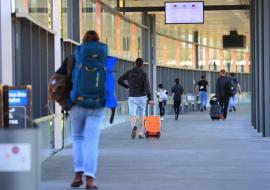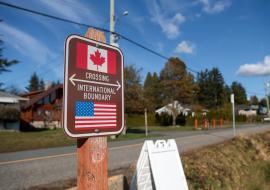Camping Remains Resilient in 2025 despite Inflation

Despite ongoing inflation concerns, camping continues to be a go-to travel option for millions of Americans. According to the latest 2025 Camping Report by The Dyrt, a staggering 81.1 million Americans camped in 2024, with nearly 80% camping as much or more than the previous year.
The findings, compiled from surveys of The Dyrt’s camper community, a representative sample of U.S. residents, and property managers across all 50 states, confirm a strong demand for camping even as travel costs rise.
"For years, I've been saying that camping is an inflation-proof activity," said Sarah Smith, founder of The Dyrt. "Last year, that was really put to the test. While some campers cut back, many turned to camping as an affordable way to travel. The fact that nearly 80% camped the same or more proves the resilience of our industry and community."
Campgrounds responded to economic pressures as well. The percentage of campgrounds raising rates fell from 45.3% in 2023 to 38.9% in 2024. Among those that did increase prices, 78.7% cited inflation as the primary reason.
Many campers adjusted their travel habits to offset rising costs in areas such as fuel and food:
-
Boondocking as a Budget Solution – "Inflation at the beginning of the season threatened our travel plans," said Bob R. of Ohio, a Dyrt camper. "We wanted to visit the western U.S., but campground costs were a challenge. So we tried boondocking – no reservations, no fees – and we loved it!"
-
Expanding Travel Horizons Through Camping – "I hadn’t left my home state in over a decade," shared Kris A. of Colorado. "Travel is expensive, especially with hotel prices rising. Camping made it possible for me to visit Moab, the Black Hills, and Ouray within six months."
As inflation continues to affect traditional travel options, camping remains a cost-effective and flexible alternative for millions. With The Dyrt’s comprehensive coverage of public and private campgrounds, RV parks, and free camping locations, campers can continue to explore the outdoors while managing costs.
With affordability, adaptability, and a growing community of dedicated campers, the camping industry proves once again that it can weather economic challenges and thrive.














